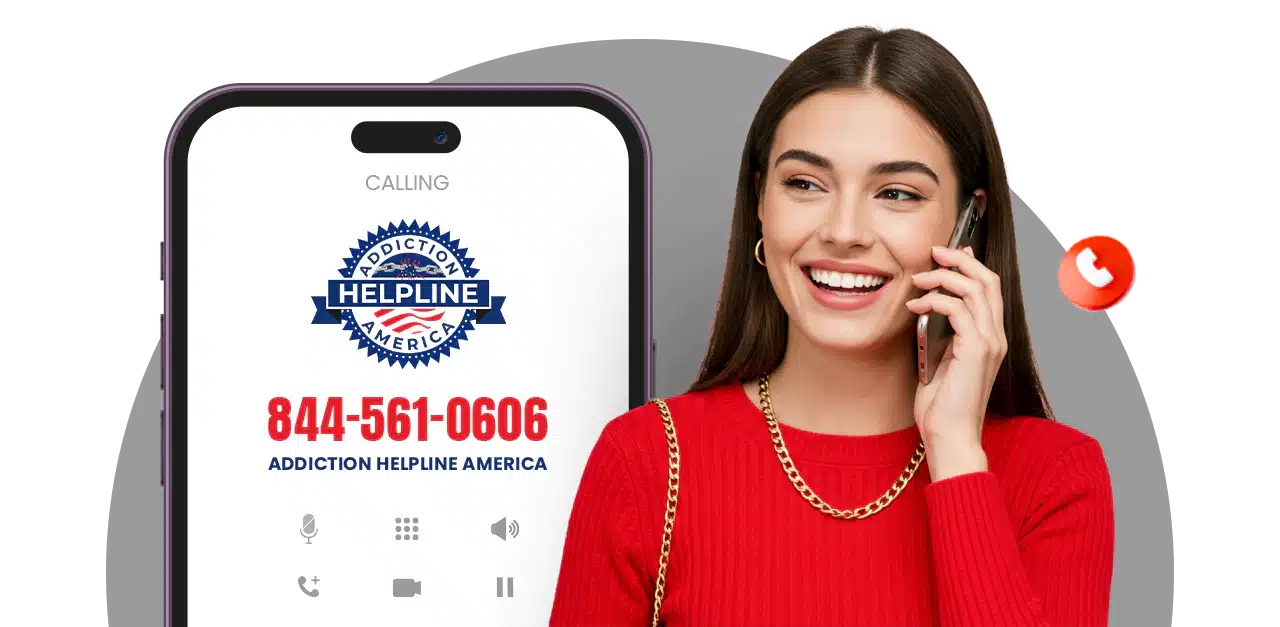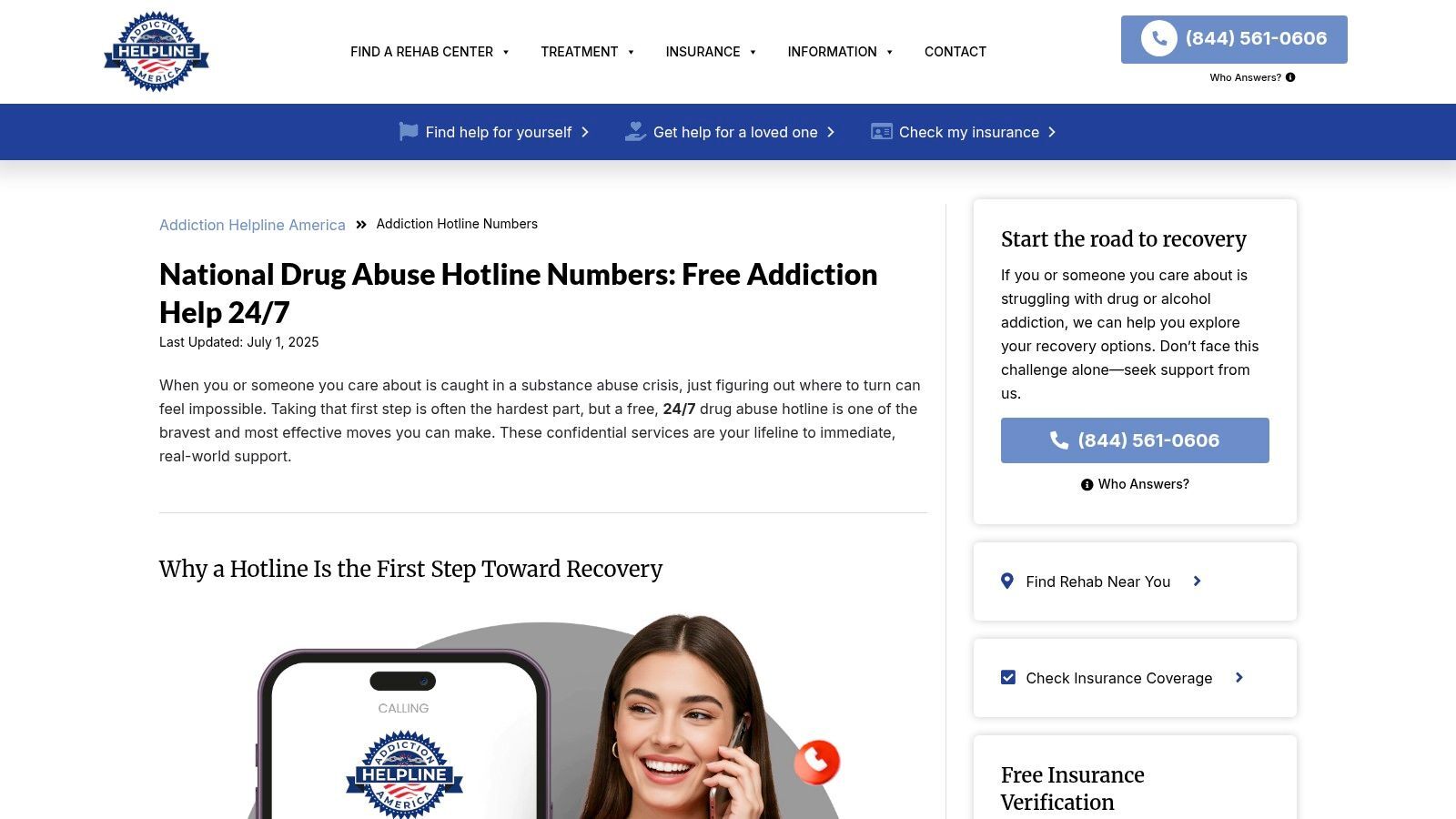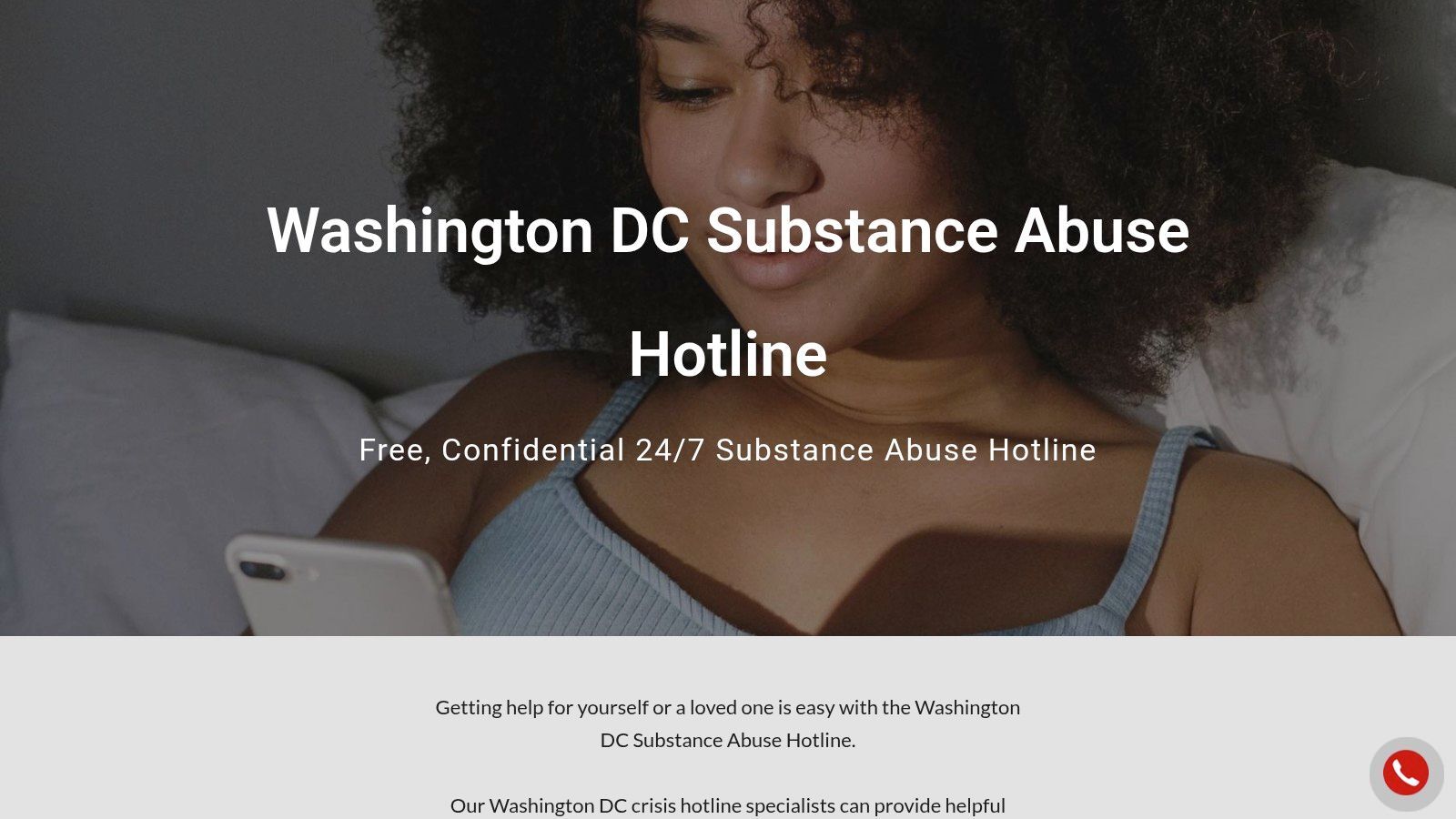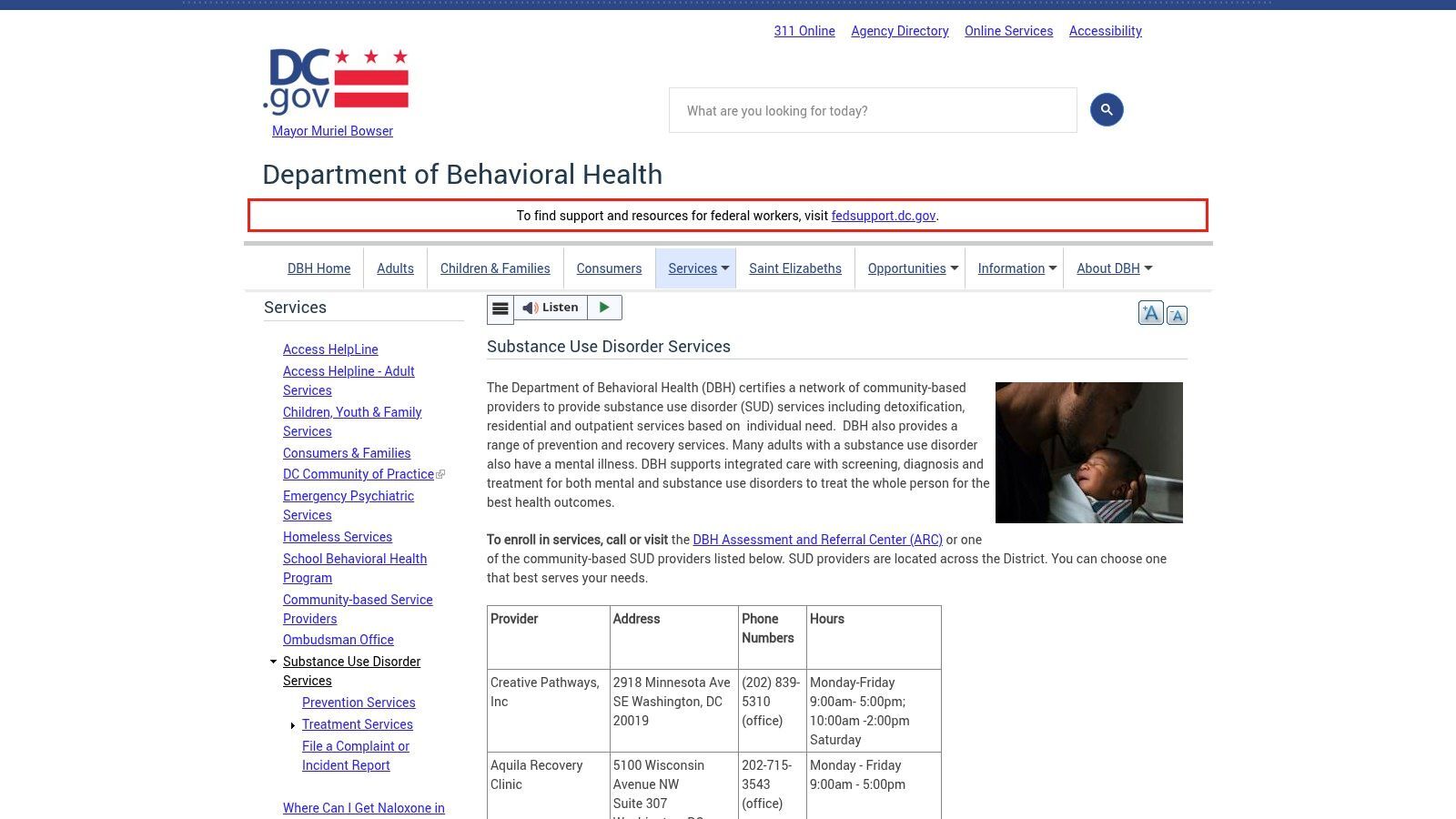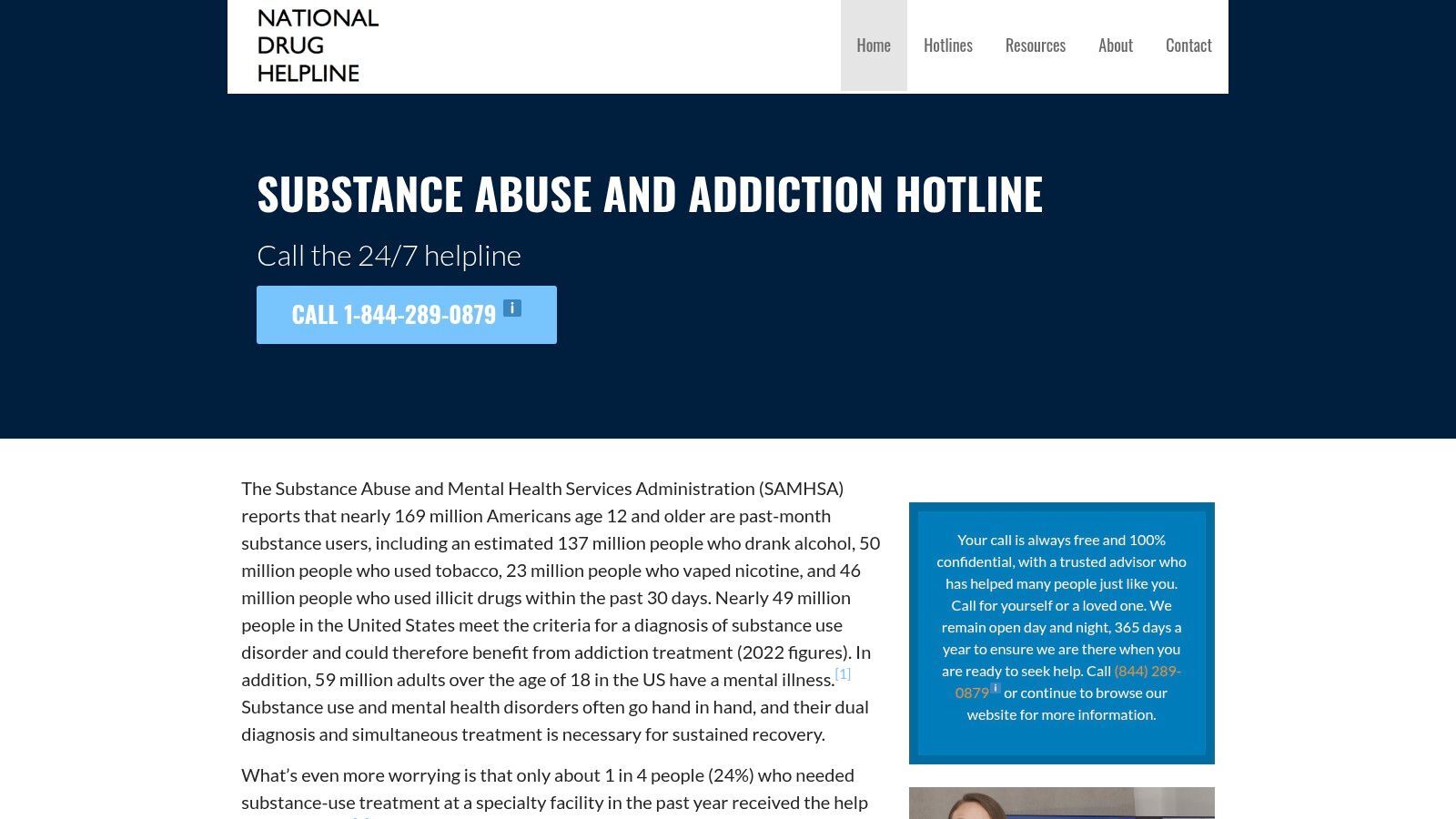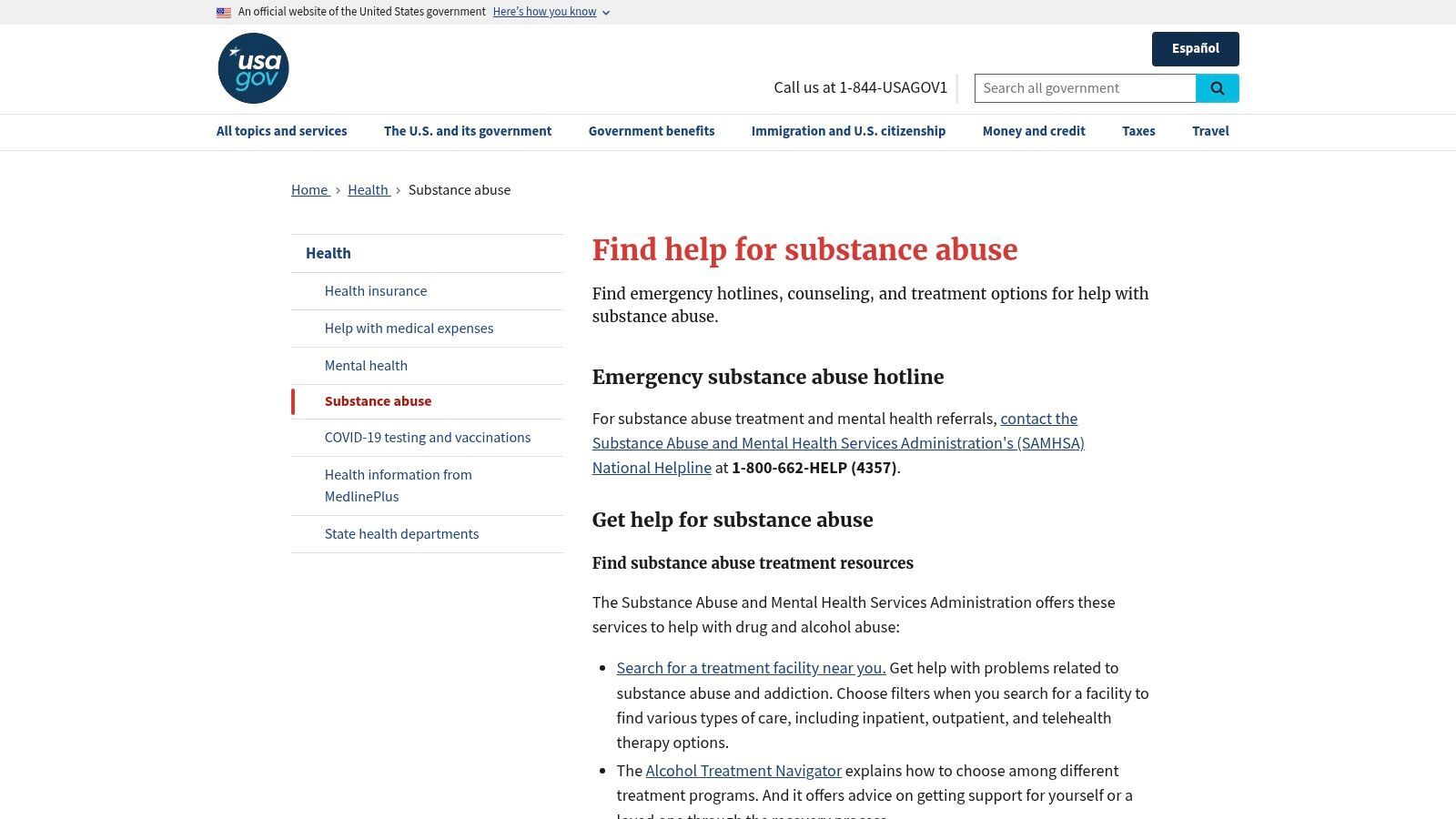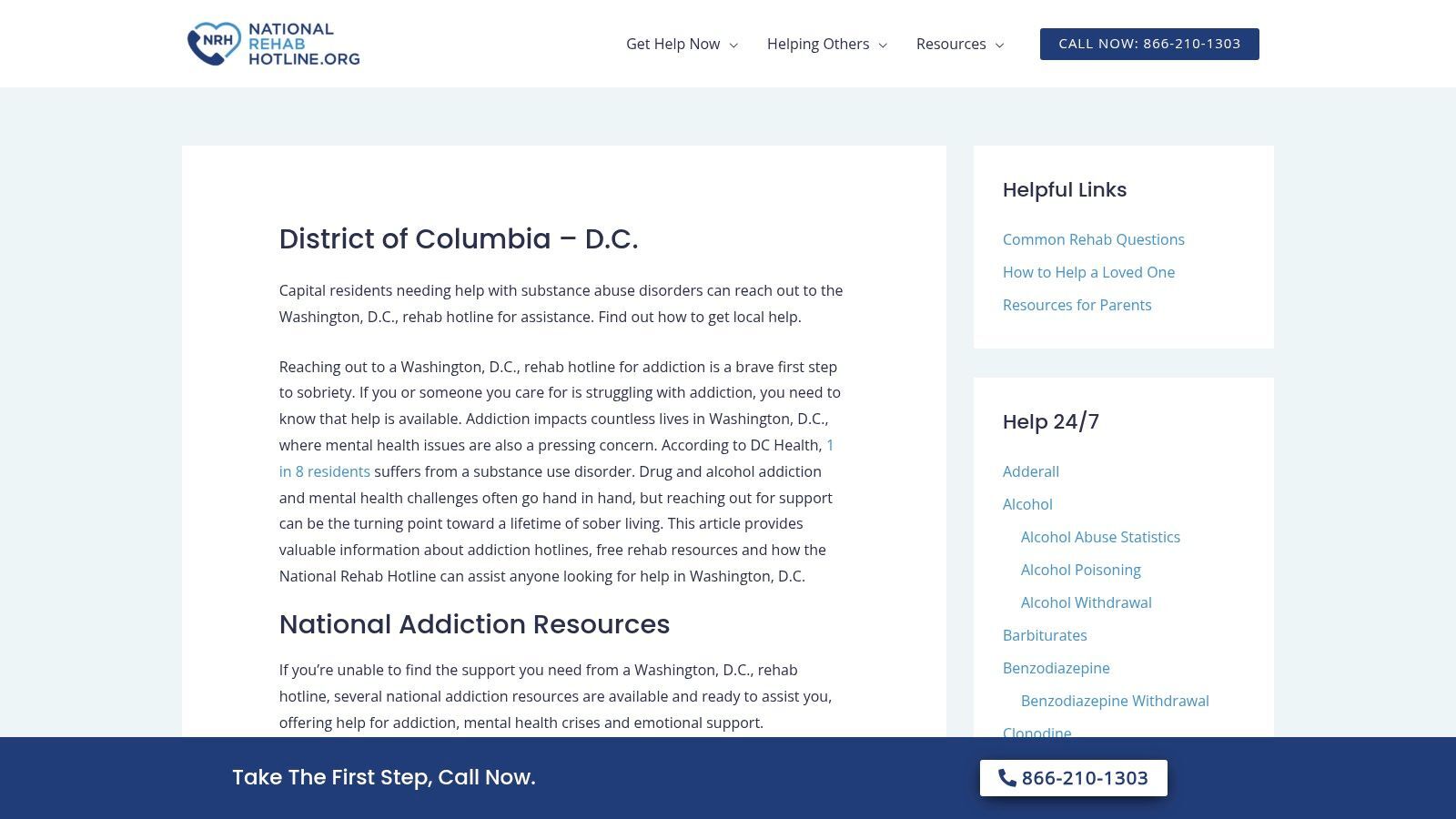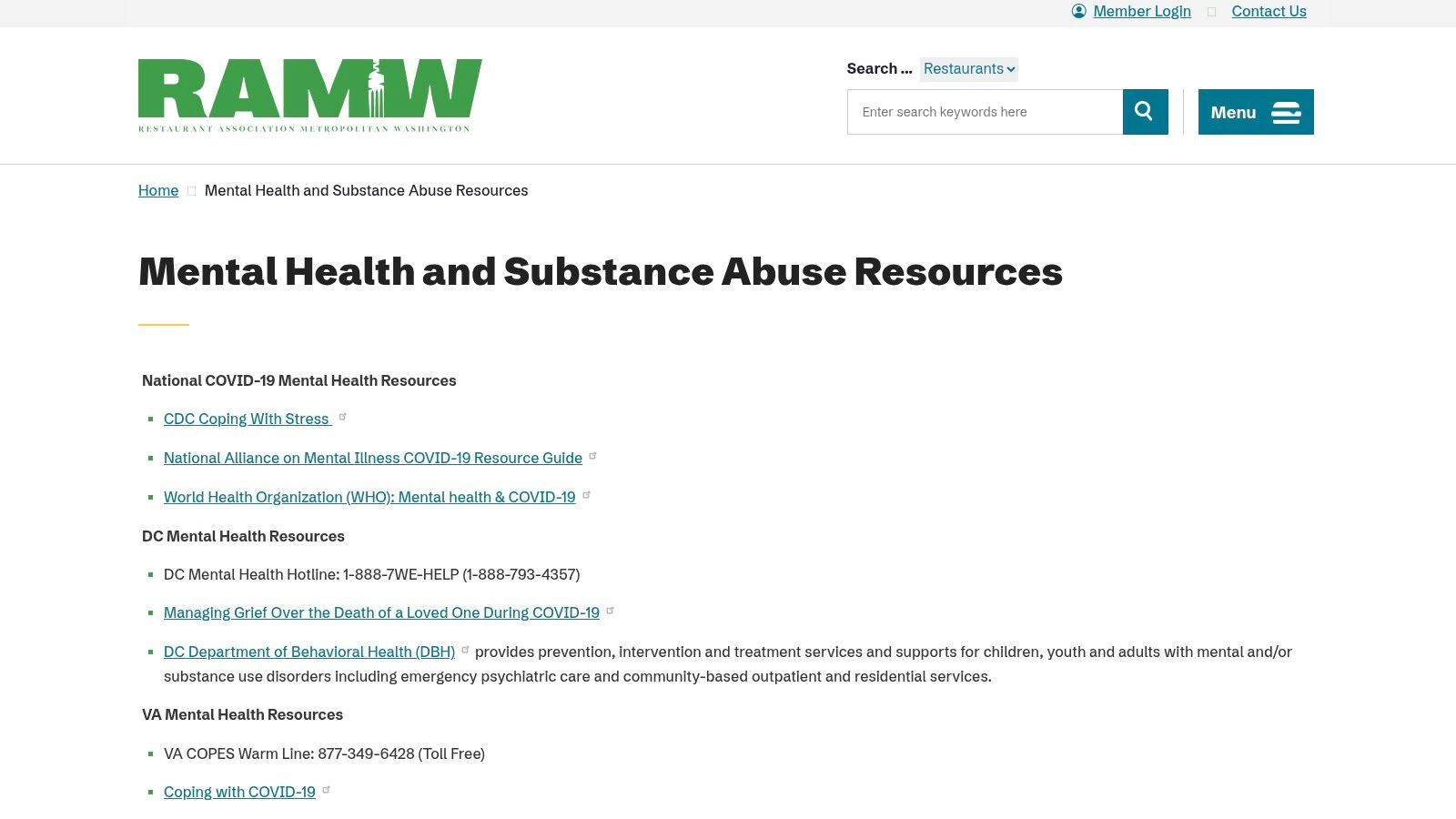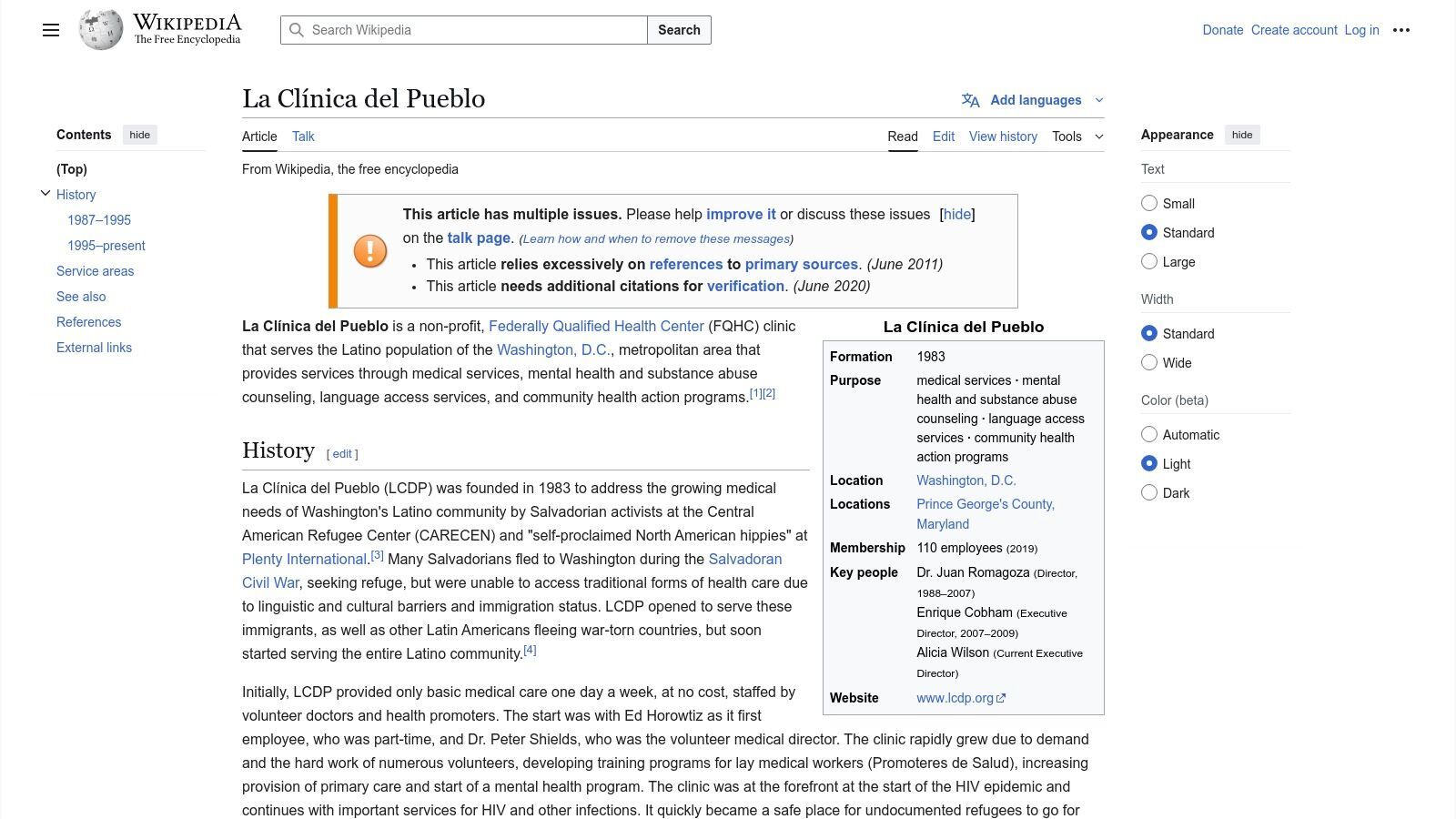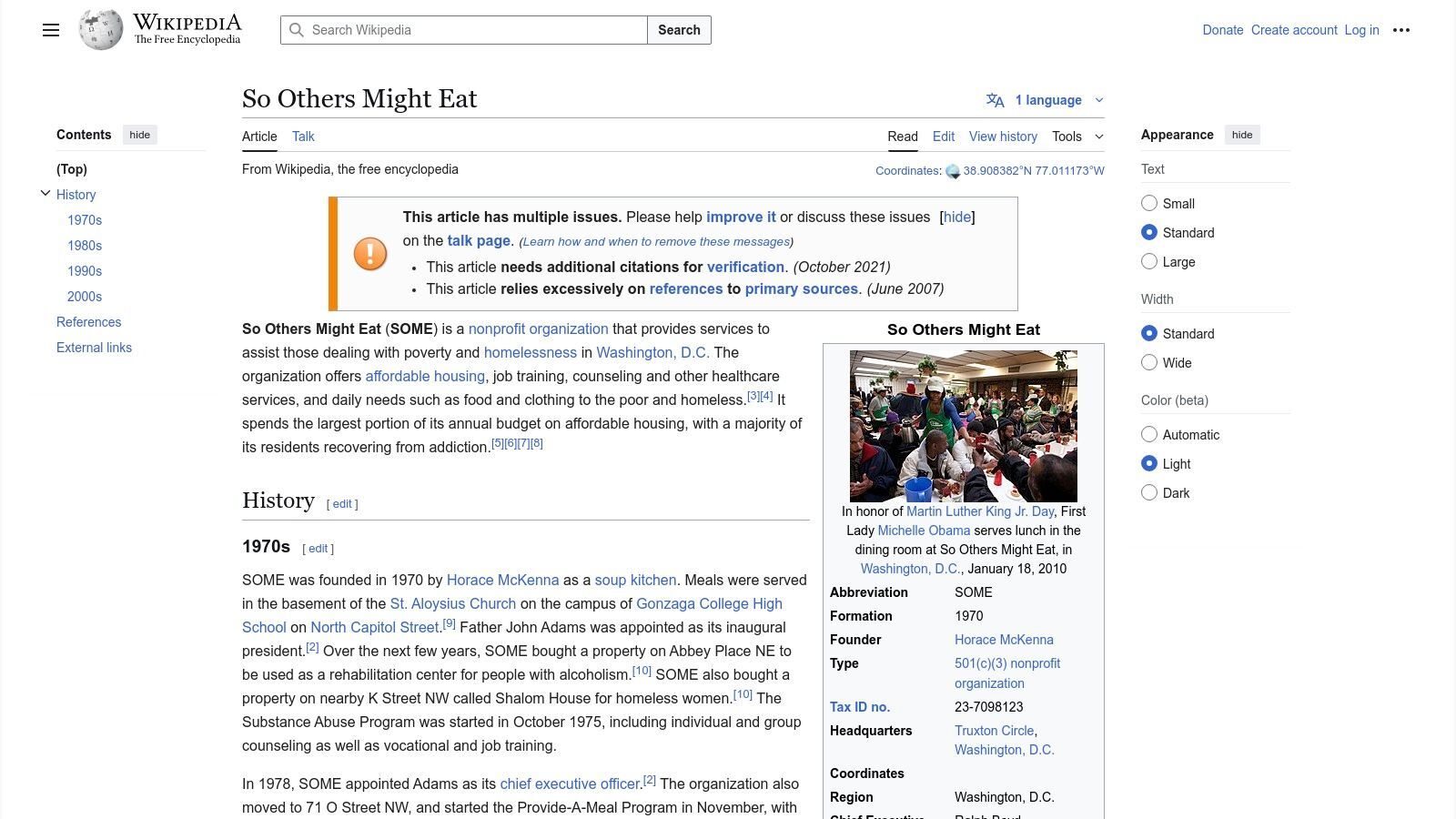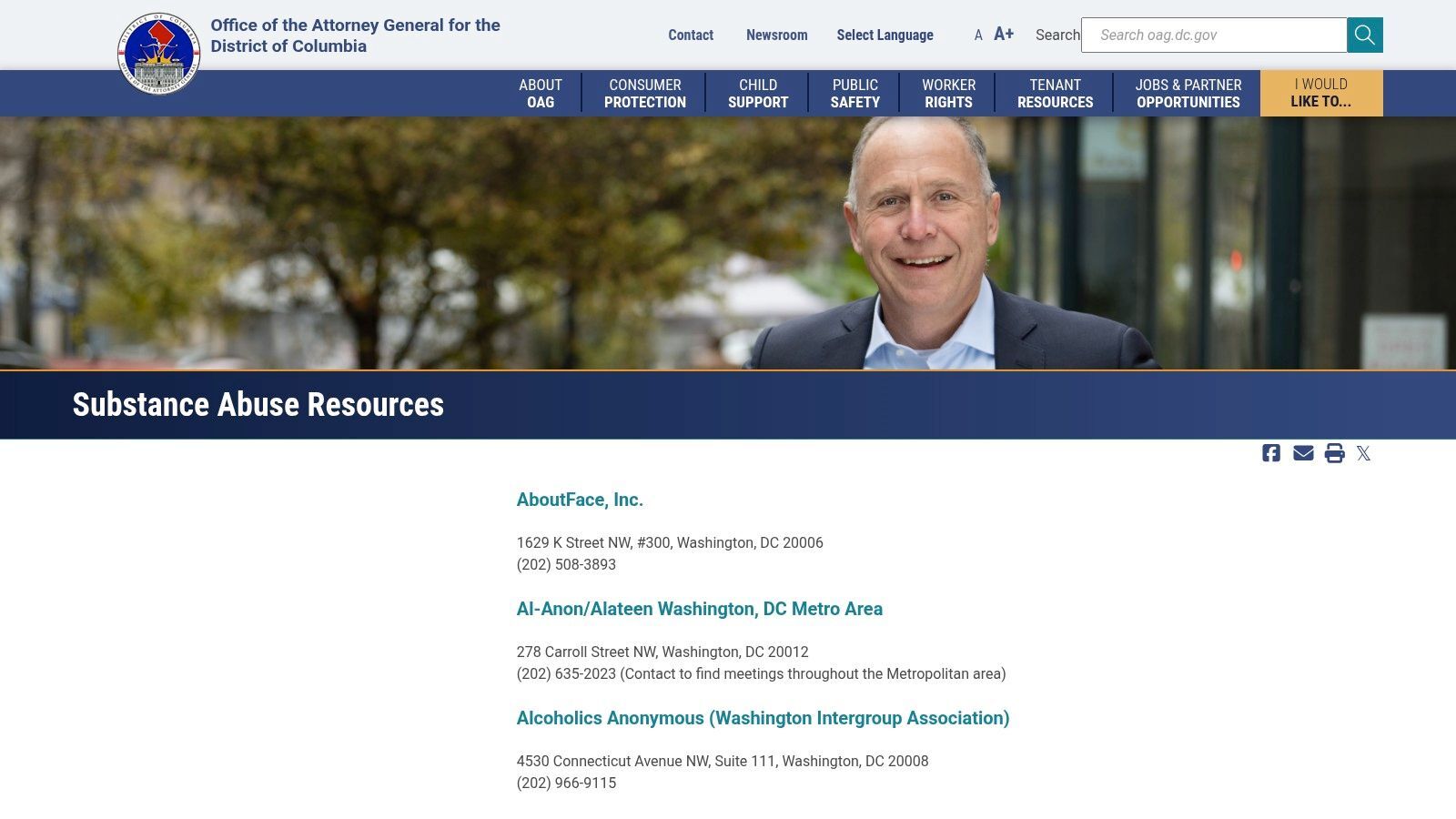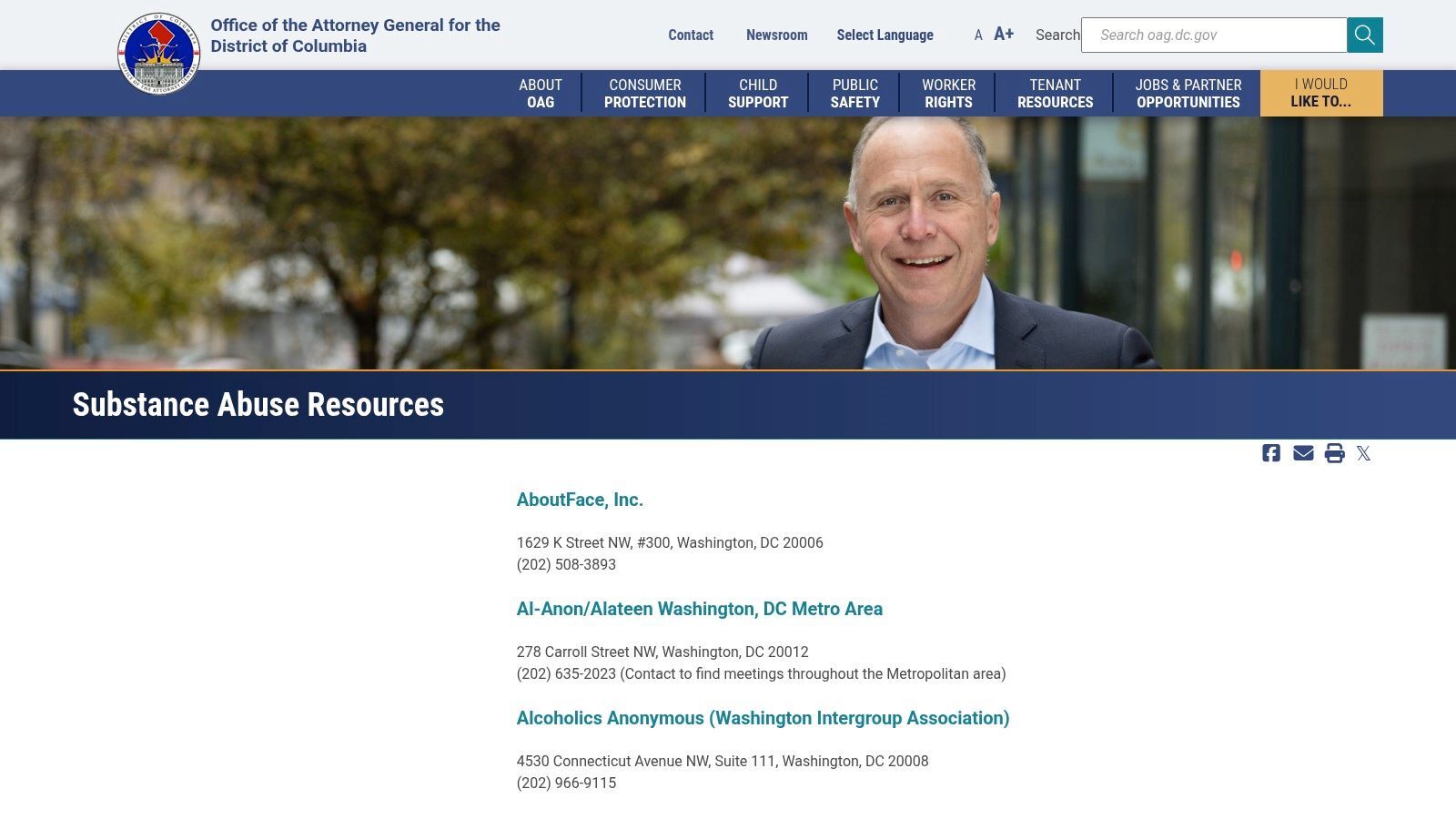8. Crisis Text Line
The Crisis Text Line offers a modern, accessible alternative for individuals who may be hesitant or unable to make a voice call. This free, 24/7 service connects users with trained volunteer Crisis Counselors via text message, providing immediate, confidential support for any type of crisis, including challenges related to substance abuse. Its text-based format makes it uniquely suited for situations where privacy is paramount or for younger individuals who are more comfortable with texting than calling.
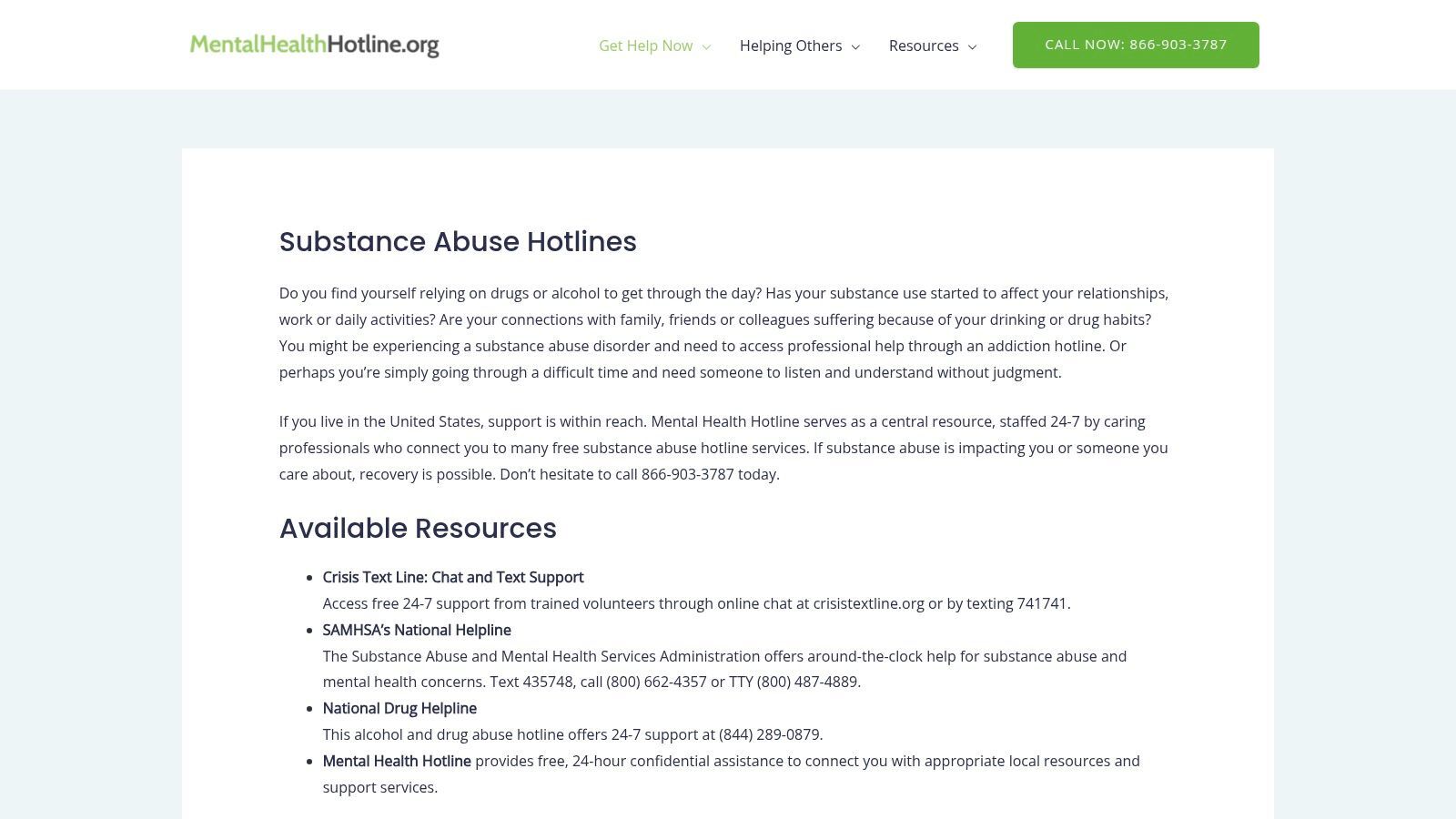
The primary role of the Crisis Text Line is to provide in-the-moment support to help a person de-escalate from a “hot” moment to a “cool” and calm state. While not exclusively one of the free drug and alcohol abuse hotlines in Washington, D.C., it serves as a critical first step for those feeling overwhelmed by cravings, relapse fears, or the emotional distress associated with addiction. Counselors can provide coping strategies and referrals to more specialized resources.
Practical Use and Considerations
Accessing the service is entirely free and anonymous; you simply text HOME to 741741 to start a conversation. The main advantage is its accessibility and the comfort of a text-based interaction. However, its scope is for immediate crisis intervention, not long-term counseling or treatment planning. Counselors are trained volunteers, not licensed therapists, and they will guide users toward professional services for ongoing support. The service is an excellent entry point for immediate, discreet help but should be used as a bridge to more comprehensive care.
Website: https://mentalhealthhotline.org/substance-abuse-hotlines/?utm_source=openai

